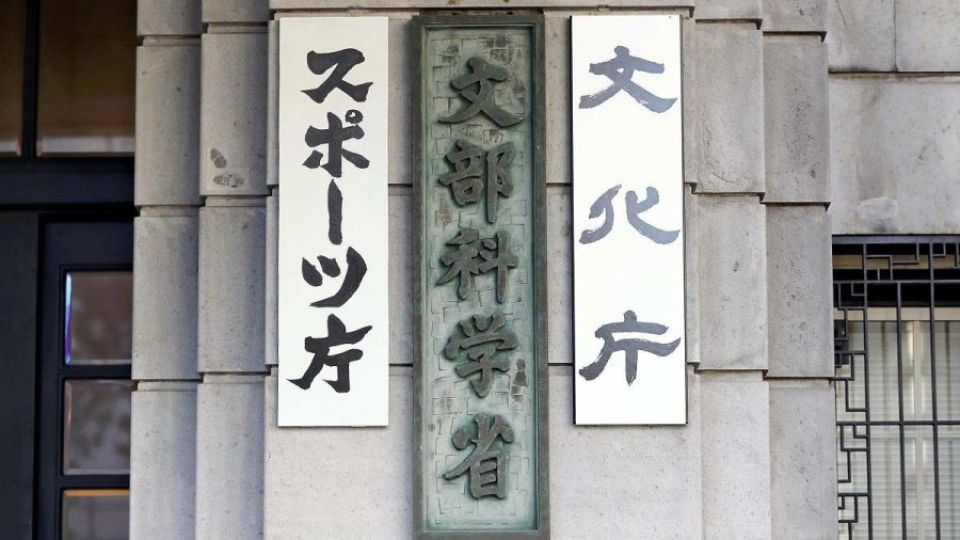TOKYO (ANN/JAPAN NEWS) – The Japan Sports Agency plans to revise its athlete training strategy in March, explicitly integrating artificial intelligence (AI) into the development of top athletes for the first time. This move aims to enhance Japan’s performance in upcoming Olympic and Paralympic Games, including the Brisbane Games in 2032.
The revised strategy will leverage AI to process vast amounts of data to improve athletes’ performance and boost medal prospects. However, it will also address potential risks, warning against overdependence on AI, which could lead to diminished judgment, reduced instinct for the sport, and injuries from overly intense training.
This updated strategy serves as a key guideline for athlete development measures and will influence initiatives by the Japan Sports Agency and the Japan High Performance Sport Center (HPSC) in Kita Ward, Tokyo, as well as support projects for various sports organisations.
AI in athlete development
AI technologies are being developed to refine athletic form, monitor physical condition, and devise advanced sports strategies. For instance, in gymnastics, AI systems capable of analysing and scoring filmed performances are assisting judges at world championships.
Similarly, Japanese universities and private companies are exploring AI systems for curling shot selection and analysing positions in trampolining. However, these efforts face challenges due to limited data availability, such as game footage, which hampers AI training accuracy. Additionally, many sports organizations lack personnel skilled in AI application.

To address this, the agency plans to incorporate AI-related measures into its strategy, aiming to close the gap with countries like the United States, Europe, and Australia, which are more advanced in using AI for sports.
Enhancing AI capabilities and addressing risks
The revised strategy will focus on sharing effective examples of AI applications with sports organisations; Collaborating with researchers to collect extensive data and improve AI accuracy; and strengthening the network of researchers, centered at HPSC, to advance AI implementation.
While embracing AI’s potential, the agency will emphasise the importance of balancing AI integration with human decision-making. It plans to identify risks such as neglecting athletes’ physical condition or losing the human touch in play, stressing that AI should serve as a tool rather than a decision-maker.
The future of AI in sports
The agency intends to deploy AI widely across various sports starting in fiscal 2026, ensuring that human oversight remains central to the process.
“The use of AI is indispensable to compete globally,” a related official noted. “However, AI is only a tool to improve efficiency, and final decisions must be made by humans. If athletes let AI dictate their play, the essence of sports itself will be lost.”


